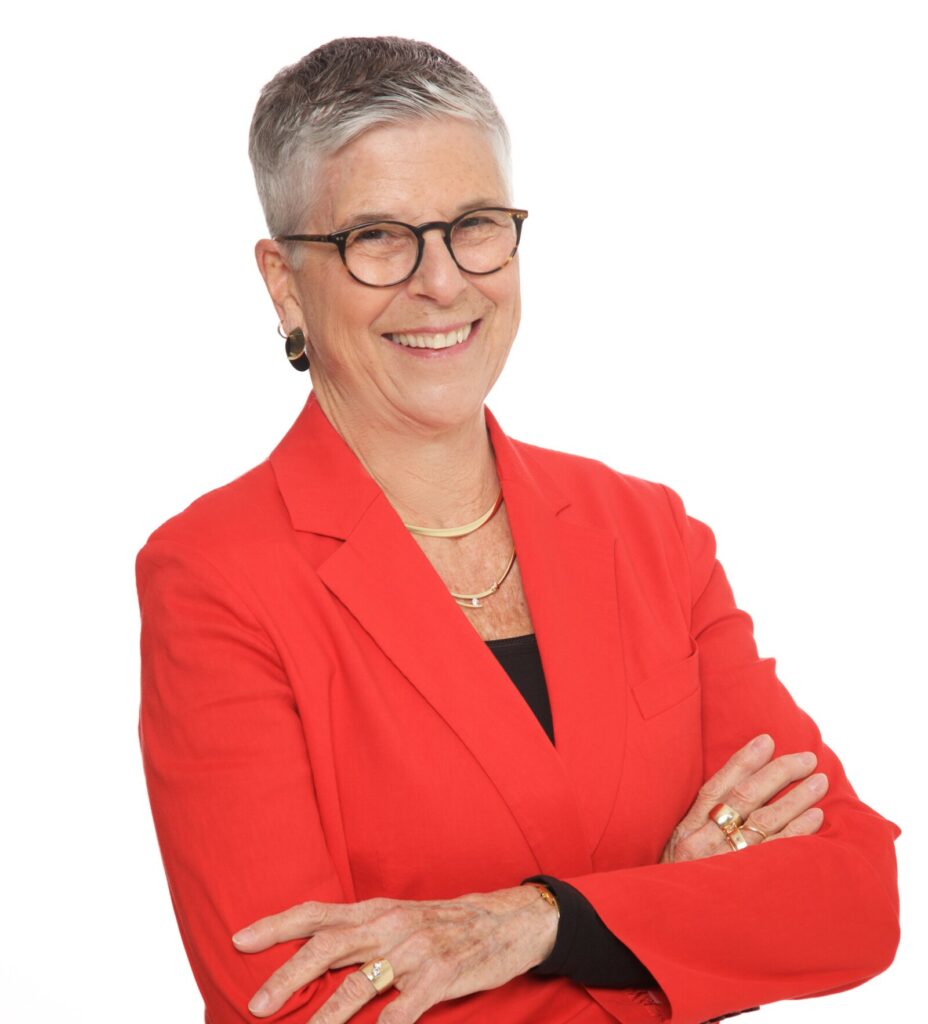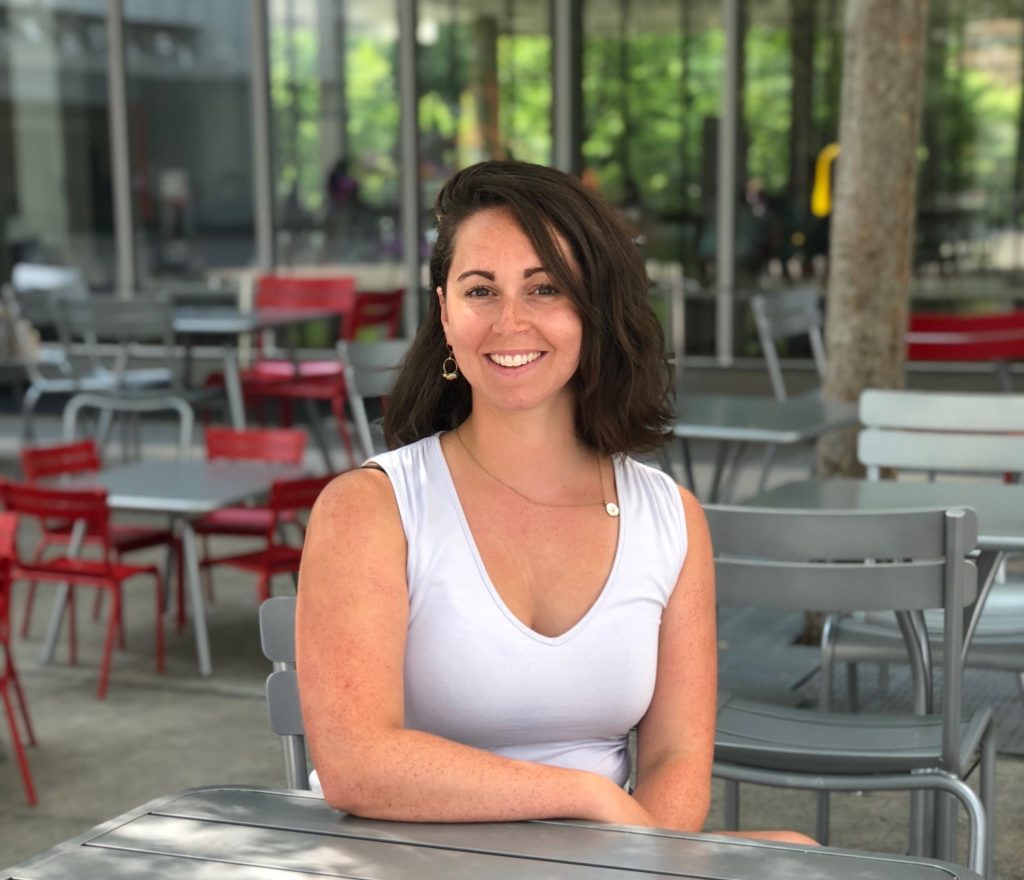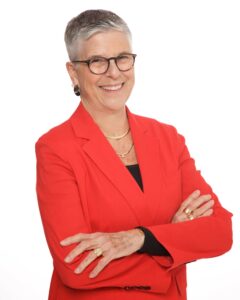Profiles in Professionalism With Susan S. Deusinger
Introduction
The Profiles in Professionalism series featured in the Journal of Humanities in Rehabilitation seeks to explore the elusive yet crucial concept of professionalism and its role in the field of rehabilitation medicine. Providing insight through the words of visionary leaders, we seek to reflect on what it means to be a professional in the current healthcare environment, and how the past can help to inform the future of our growing field.
In this installment of the Profiles in Professionalism series, we sit down with Susan (Susie) S. Deusinger, PT, PhD, FAPTA. Prior to her retirement in 2014, Dr. Deusinger held the position as director of the Program of Physical Therapy as Washington University School of Medicine for over two decades. She now serves as professor emerita and consults with academic institutions on new ways to envision healthcare. She is recognized for her extensive work and deep commitment to driving the field of physical therapy forward using bold and strategic actions. In this interview, she shares some of her thoughts on why the humanities are important in her professional and personal life, and how her mind has shifted over the years to embrace the social sciences and approach teaching and practice through a more humanistic lens. A special afterward is also added for Dr. Deusinger to elaborate on how her approaches may have changed in the two years since the pandemic, as social injustices have come to the forefront of our society.
What Literature and Poetry Can Teach Us
Interviewer: Hi, Susie. Thank you for taking the time to speak with us today about your work and the potential role that the humanities has played in your success as a leader in physical therapy education, research, and practice. Before we jump in, though, I wanted to ask if you have a favorite book or poem, and what role you feel…literature has played throughout your life?
Susie: It’s hard to answer what my favorite book is, but here’s [one] favorite. It’s called Ishmael: An Adventure of the Mind and Spirit by Daniel Quinn. …I always liked to ask people to read it and then tell me what they think it’s about. One person would say it’s about a gorilla, [but] I think it’s about teaching—[although] it’s an odd way to look at teaching.
And poetry? I guess I haven’t been [too] attached to poetry. Now, my mother was a Shakespeare fan, and when she was ill, she asked me to read Shakespeare to her—which I had never read aloud. She said, “You did very well reading Shakespeare!” And I thought [that] was the highest compliment. It’s not easy to read Shakespeare out loud!
I didn’t initially gravitate toward poetry, plays, [and] things like that [until I] retired from my academic position [and] I started to write poetry! [It] comes from…observing a baby or… thinking about my husband and his very interesting life. I think that it’s humorous because I have not really cared about poetry that much [until now]. Even though I had training—as we all have—in school. So, the surprise about the humanities and social sciences is that I always viewed myself [as being] more interested in anatomy, physics, chemistry, mathematics, physiology…concrete topics. …[B]ecoming a social scientist [through my] doctoral training was a big surprise. But it came from my interest in how people live, behave, communicate, and think…because I really thought that was important in patient care and teaching. That was the catalyst for pursuing something more formal in academics.
Don’t lose sight…
of passion for life
of capacity to forgive
of power to change.
So now, I choose to read a lot of different things about lots of different people. My current favorite book…is Amy Herman’s Visual Perception, which is about how we see the world. …[S]he teaches that through art. And that “seeing” can help us in our personal and professional lives if it’s more precise, more detailed, [and] less judgmental. So, I think I choose to read or experience things that teach me some kind of lesson like that. I found that particularly helpful for the current needs of people…to see themselves accurately and to see others more accurately.
Don’t lose sight…
of leaves and their beautiful hues
of breezes and the whisper of air
of sounds and the music of voices.
The Importance of Kindness
Interviewer: Physical therapy is a profession that requires you to have a lot of kindness and compassion towards others. What are your thoughts on this? Where do you think we need to be right now when it comes to treating other people with kindness?
Susie: I don’t think that people are always very kind to each other, and I think if we were kinder, we would then listen more carefully. We would be more careful about imposing our ‘help’ on our patients, or [on] our friends. I don’t know that we talk about being kind as much as we talk about being respectful. And I haven’t studied the relationship between kindness and respect, but it seems like if you’re kind [then] you’re [also] being respectful. Perhaps not, but they seem linked to me. [T]o me, the medical world and the rest of the world would be a better place if it was based on kindness to others.
Don’t lose sight…
of the mind and its creative thinking
of the body and its potential for healing
of the heart and its purpose for loving.
Interviewer: What do you remember of your Physical Therapy education? Do you feel like this informed the way you approach teaching now?
Susie: I didn’t find that my training was terribly humanistic. It was rigid. It was even a bit mean. It was…very strict, which in some sense was very good. It took me about 10 years to understand this after my graduation—why the strictness of standards for practice and behavior was good, [even though] I didn’t find it particularly humanistic in its teaching style. In fact, I almost quit because I just didn’t think that was…kind! I don’t know if this is true, but I think those of us who came out of that era may have wanted a different approach to teaching. And so, by virtue of our very [own] academic journey, maybe some of that shift occurred.
Don’t lose sight…
of memories and the importance of past
of time and the options for life
of space and how to reach for the stars.
But added to that, was the literature that became more available about the importance of the humanities and humanism, and compassion and empathy. We had more literature. The other thing that happened with PT education was evidence for practice. We [now] rely less on pure tradition, and more on studies that we have available. It wasn’t the Dark Ages, but it was a time where the people who taught us had learned through the military and the polio era. They had learned important lessons, and they had learned under very adverse conditions. So, I’m not blaming the approach. But I think some of that became softened because those of us who had experienced that didn’t find it particularly helpful in learning. But then we were fed other things through the literature—from all areas of science—that helped us reframe PT education.
Don’t lose sight…
of the “what” we are doing today
of the “how” we accomplish our tasks
of the “why” that brings soul to our work.
Afterword
Two Years Later: How Thoughts Have Shifted
Interviewer: In your original poem and responses to these interview questions, which we posed pre-pandemic, you emphasized this need to hold onto, or to not lose sight of, certain aspects of humanity: kindness, love, the potential of the human mind and body, leaning into a humanistic approach to education, etc. Having experienced a world in turmoil (eg, social crises, the COVID-19 pandemic), how would you say your poem and advice aged? What would you amend or expand on further, regarding your initial responses? How has the way you initially responded changed or been impacted by what you experienced over the last two years?
Susie: I think the past two years have only strengthened my view that kindness, respect, and compassion are critically needed, not only in our work but in everyone’s life. I cannot think of a profession or occupation in which expressing regard and importance for others (respect), showing empathy and high regards for others (compassion), and acting in ways that are altruistic and caring (kindness), are irrelevant. I am greatly saddened by the injustices, disparities, and negative dynamics occurring throughout the world, but am choosing to remain hopeful that with a more humane and humanistic approach, we will be more effective at addressing distress, disabilities, and poor health in those we serve as physical therapists.
THE IMPORTANCE OF “WHY”
Don’t lose sight…
of leaves and their beautiful hues
of breezes and the whisper of air
of sounds and the music of voices.
Don’t lose sight…
of memories and the importance of past
of time and the options for life
of space and how to reach for the stars.
Don’t lose sight…
of the mind and its creative thinking
of the body and its potential for healing
of the heart and its purpose for loving.
Don’t lose sight…
of passion for life
of capacity to forgive
of power to change.
Don’t lose sight…
of the “what” we are doing today
of the “how” we accomplish our tasks
of the “why” that brings soul to our work.
–Susan S. Deusinger
11.23.2017
About the Author(s)

Susan S. Deusinger PT, PhD, FAPTA
Susan S. Deusinger PT, PhD, FAPTA spent 36 years at Washington University building a progressive academic culture in physical therapy to ensure excellence in clinical practice, education, and research. Upon her retirement in 2014, Dr. Deusinger had served for 24 years as director of the Program in Physical Therapy and achieved the rank of professor of Physical Therapy and of Neurology. She now serves as professor emerita. As director, Dr. Deusinger inspired students and colleagues to apply their knowledge to optimize and advance human health through movement. Her work helped lead Washington University’s Program in Physical Therapy to obtain a consistent No. 1 national ranking by U.S. News & World Report. The program has been recognized in the top 1 percent for two decades. Dr. Deusinger earned her bachelor’s degree in physical therapy in 1969 and spent the next decade in full-time clinical practice in venues across the country. During that time, she developed rehabilitation programs for patients with brain injuries, aquatic programs for people with physical disorders, educational programs for patients with arthritis, and a therapeutic riding program for children with developmental disabilities. She joined the faculty at Washington University in 1978 to coordinate clinical education for baccalaureate-level students. To hone her ability to develop new models of practice and education, she completed two graduate degrees at Washington University—a master’s degree in education in 1980 and a PhD in social work in 1987. In 1990, she was named director of Physical Therapy at the School of Medicine. At the university, Dr. Deusinger facilitated advancing professional education to the doctoral level, and she also gained approval in 1989 of the PhD in Movement Science. In 1980, she developed the program’s first faculty clinical practice—a community-based service. Subsequently, in collaboration with her colleague and husband, Robert H. Deusinger, PT, PhD, she worked to establish an on-site, evidence-based faculty practice. This practice has grown into a major outpatient service that is fully integrated into the School of Medicine’s Faculty Practice Plan. Dr. Deusinger has served as editor of the Journal of Physical Therapy Education, president of two components of the American Physical Therapy Association (APTA), a lead reviewer for the Commission on Accreditation of Physical Therapy Education, and a member of groups planning the future of professional and post-professional education. She is a Catherine Worthingham Fellow of the APTA. In retirement, she consults with institutions wishing to change education and practice in ways that inspire new visions for healthcare.

Melissa McCune, PT, DPT, MPH
Melissa McCune, PT, DPT, MPH works as a physical therapist in Tucson, AZ. She received her Doctor of Physical Therapy and Master of Public Health degrees from Emory University in Atlanta, Georgia and has been engaged with The Journal of Humanities in Rehabilitation since 2018. Melissa was the recipient of the 2019 Frank S. Blanton Humanities in Rehabilitation Scholar award, is an active member of the American Physical Therapy Association (APTA) and strives to regularly contribute research and scholarship to the field. Her clinical interests include geriatrics, women’s health, neurological rehabilitation, and population health and she enjoys working at the intersections of physical therapy, humanities, and public health as a strategy to promote health and well-being across the lifespan. As a clinician, she has grown to recognize the importance of a humanistic approach to patient care as individuals navigate their way through the healing process.
![]()
This work is licensed under a Creative Commons Attribution 4.0 International License.


